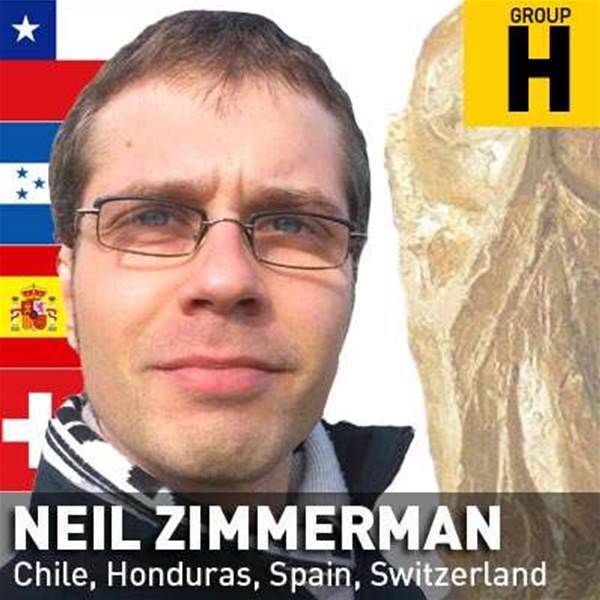When it comes to the World Cup, one of the joys is learning about countries about which you have little or no idea both on and off the football field. And for me Honduras falls into such a category.
Whilst Honduras qualified in dramatic fashion for their second ever appearance at the World Cup as it was a last minute equaliser by the USA against Costa Rica combined with a 1-0 victory over their arch rivals El Salvador saw them through.
However, it wasn't as dramatic as their attempted qualification for the 1970 World Cup that resulted in what is commonly referred as the 'Football War' with neighbours, El Salvador. For more than 30 years leading up to the matches that would decide who would progress to the World Cup, the two countries had been locked into a complex economic and environmental conflict along their shared border.
Qualification culminated in a three match series that would decide which of the two teams would go to the 1970 World Cup. Honduras won the first leg 1-0 in front of their home fans in Tegucigalpa but the real action kicked off before the second leg in San Salvador. Here the Honduran team were treated to an almost traditional Latin American welcome as the home fans kept them up all night by a screaming, breaking all the windows in the hotel and throwing rotten eggs, dead rats and stinking rags inside. Makes Australia's visits to Montevideo seem rather tame don't you think?
El Salvador duly won 3-0 and afterwards Honduran fans were attacked along with their consulate. Not to be outdone, Hondurans took their revenge on the large number of Salvadorean immigrants within their country. All this violence resulted in both countries severing diplomatic ties and two weeks later the real war began as El Salvador invaded Honduras. The war only last two weeks but some 6,000 people were believed to have been killed or injured during the conflict. For the record, El Salvador won the final leg in Mexico City to advance to the World Cup and the war wasn't officially declared over until the signing of a treaty in 1980.
That little history lesson aside, it is now time to look to their chances at this year's World Cup. This is Honduras's second ever appearance in a World Cup after they previously qualified for the 1982 tournament where coincidentally they were also grouped with Spain as they are this time. In a group with Chile, Spain and Switzerland the Hondurans are going to find it very difficult to get out of this group, as they don't appear to have the overall quality of their opponents.
As I alluded to in my analysis of Chile, much of either team's chances could come down to their first encounter in Nelspruit on June 16. If the Hondurans can grab the three points here, it might just give them the confidence to challenge for the second spot in the group, being a given that Spain should qualify first from the group. With both teams looking to score goals, it could be an entertaining encounter unless nerves get the better of both of them.
Names such as Wilson Palacios, Maynor Figueroa, Hendry Thomas and David Suazo will all be familiar to many football fans and their performances in South Africa will be key to how far La Bicolor travels in the tournament. Also key is the performance 36 year old journeyman Carlos Pavón who scored his side's winner in that match against El Salvador (the one in 2009, not 1969). His goal scoring ability and experience could be crucial considering that Suazo only recently returned from injury and Carlos Costly is unavailable due to an ankle injury sustained whilst playing for his Romanian side, Vaslui.
Much like Chile, much of Honduras's recent good form is down to their coach, Colombian Reinaldo Rueda who since his arrival in 2007 has changed Los Catrachos from a team with much potential but couldn't deliver when it counted into a team that combines sparkling attacking football with a solid backline.
Unfortunately I don't think Honduras under the guidance of Rueda will be able to progress past the group stage this time around with their lack of firepower up front being the main reason. However, much like Costa Rica at the 2006 World Cup, they should provide much entertainment along the way.












